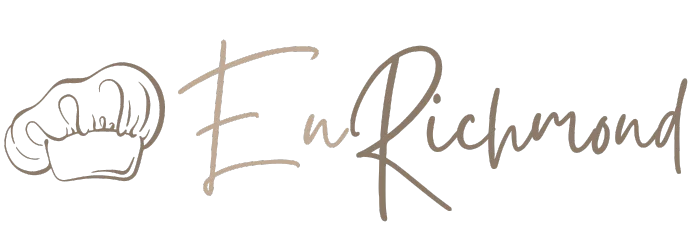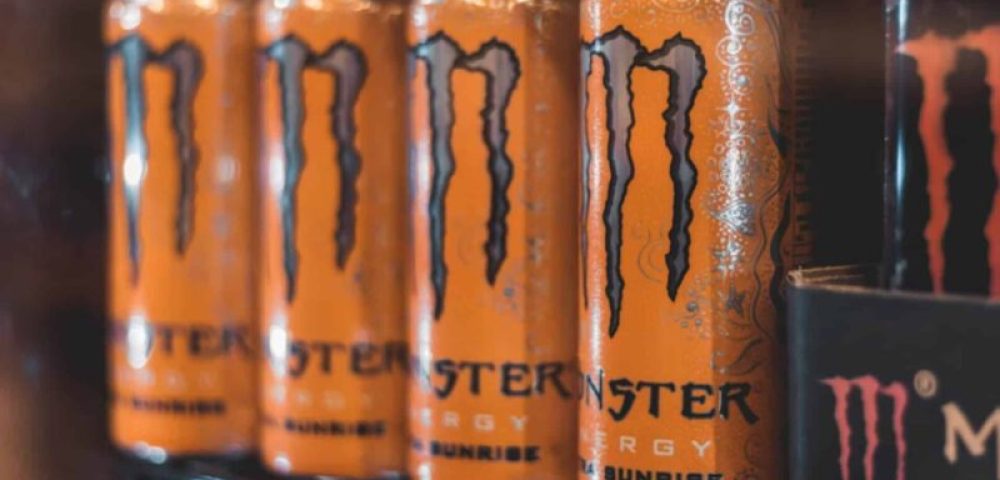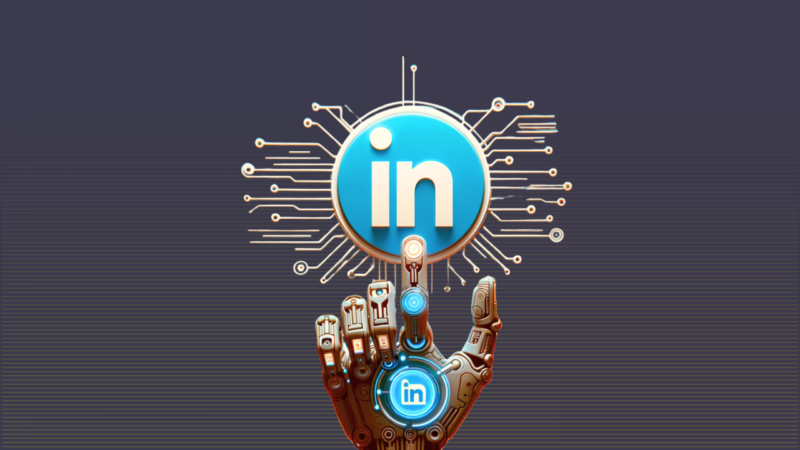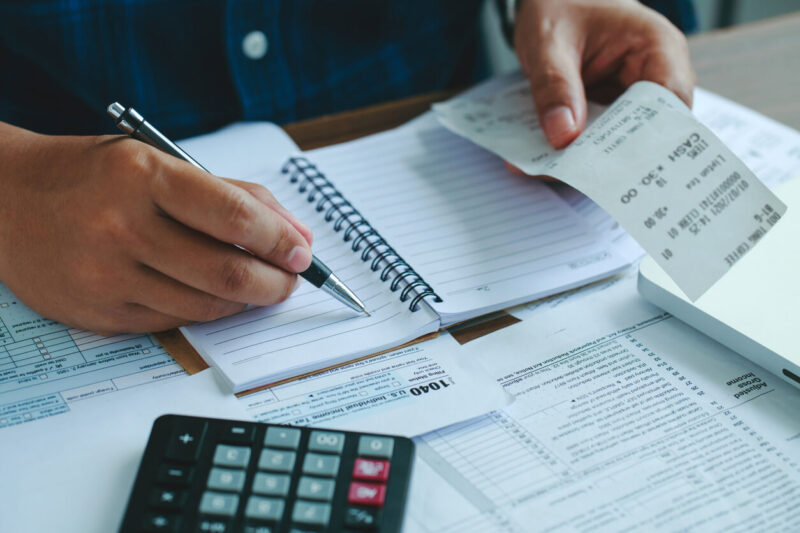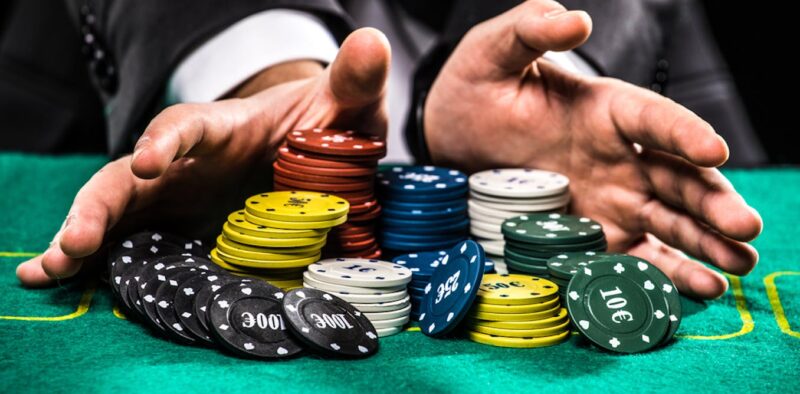In a world that never sleeps, caffeinated beverages have become the fuel for our endless days and nights. Among them, Monster Energy drinks stand tall, promising not just a quick pick-me-up but an experience, a lifestyle. But what lies behind the bold design and the promise of unleashed energy?
This article delves into the caffeinated core of Monster Energy drinks, exploring their caffeine content and how it compares to other sources of caffeine. We’ll also touch on the effects of caffeine on the body, the cultural phenomenon around energy drinks, and much more. Learn more here!
Caffeine Content: The Heart of the Monster
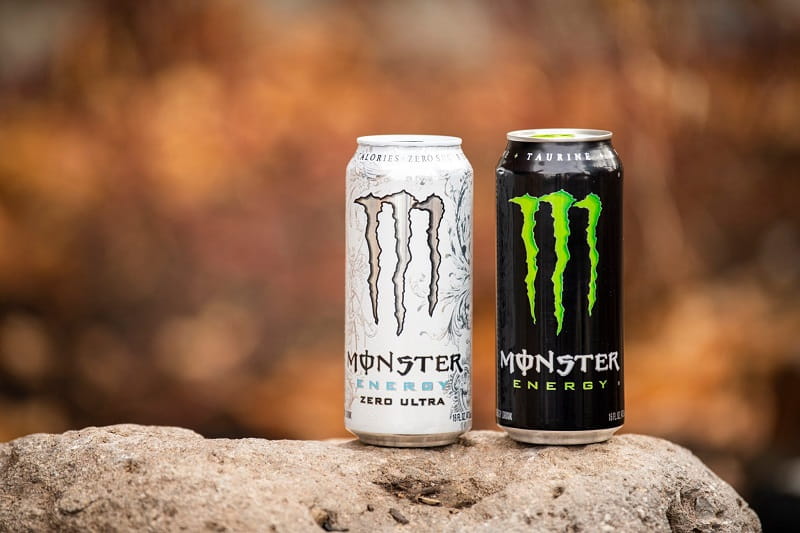
At the heart of any energy drink is caffeine, the world’s most widely consumed psychoactive substance. Monster Energy drinks are no exception. A standard 16 oz can of Monster contains approximately 160 mg of caffeine. This figure is crucial for understanding the drink’s energizing effects but also for considering its safety and potential health implications. To put it into perspective, this is roughly equivalent to about four cups of strong tea or slightly less than two 6-ounce cups of brewed coffee, depending on the preparation method.
Comparing the Buzz
When it comes to caffeine content, not all beverages are created equal. For instance, a standard cup of coffee (about 8 oz) can contain anywhere from 95 to 200 mg of caffeine, while a 12 oz can of cola typically contains about 30 to 40 mg. Compared to these, Monster Energy offers a significantly higher caffeine kick, which explains its popularity among those seeking an intense energy boost.
The Science of Stimulation
Caffeine stimulates the central nervous system, warding off drowsiness and restoring alertness. Its effects can be felt as soon as 15 minutes after consumption and can last up to 6 hours, depending on individual metabolism. However, the experience of a caffeine-induced buzz can vary widely. For some, a can of Monster can mean heightened focus and energy. For others, especially those sensitive to caffeine, it might lead to jitteriness, anxiety, or even palpitations.
Beyond Caffeine: What Else is in Your Monster?
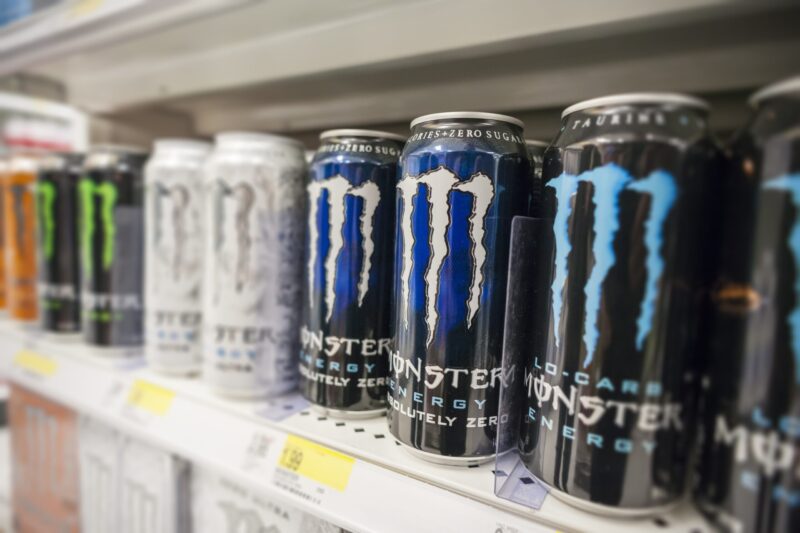
Monster Energy drinks are more than just caffeine in a can. They also contain a blend of B-vitamins, amino acids (such as L-taurine), and other ingredients like ginseng and guarana, both of which are natural sources of caffeine. These ingredients are thought to work synergistically to enhance the energy-boosting effects of the drink, although the scientific evidence supporting these claims is mixed.
Cultural Phenomenon: More Than a Drink
Monster Energy drinks have transcended their status as mere beverages to become cultural icons, especially within the extreme sports community. Sponsored events, from motocross to skateboarding and beyond, have helped forge an identity that resonates with a youthful, adventurous demographic. This branding strategy has been incredibly successful, making Monster a symbol of rebellion and endurance.
Health Considerations: Navigating the Caffeine Waters
While caffeine is generally considered safe for most adults in moderate amounts (up to 400 mg per day), excessive consumption can lead to adverse effects. These include insomnia, nervousness, restlessness, stomach irritation, rapid heartbeat, and muscle tremors. Given the high caffeine content in Monster Energy drinks, it’s important for consumers to monitor their intake and be mindful of other sources of caffeine throughout the day.
The Verdict: To Drink or Not to Drink?
Monster Energy drinks offer a powerful caffeine boost that can help push through the lull of a long day or jump-start a night out. However, they are not for everyone. Individuals with caffeine sensitivities, underlying health conditions, or those pregnant or breastfeeding should exercise caution. Like everything in life, moderation is key.
FAQs
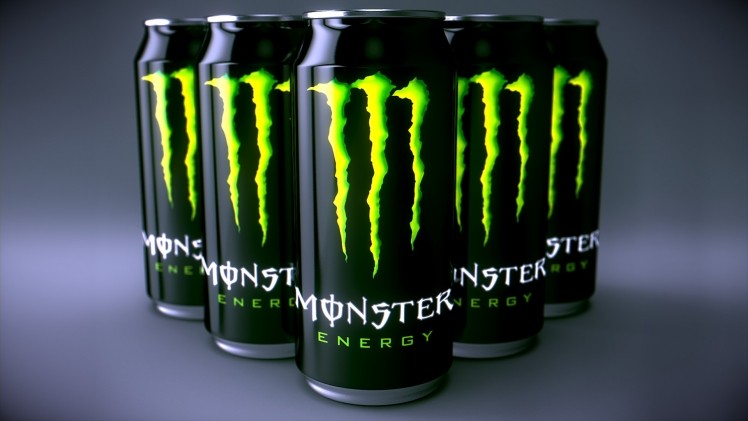
Can I drink Monster Energy drinks if I’m sensitive to caffeine?
If you’re sensitive to caffeine, it’s advisable to proceed with caution. While a small amount may not cause adverse effects, the high caffeine content in Monster Energy drinks (160 mg per can) could potentially lead to uncomfortable symptoms such as jitteriness, anxiety, or even heart palpitations. Consider trying a smaller portion or opting for lower-caffeine alternatives.
How does the caffeine content in Monster Energy compare to that in an espresso?
A single shot of espresso (approximately 1 ounce) contains about 63 mg of caffeine, which is significantly less than the 160 mg found in a 16 oz can of Monster Energy. Therefore, you would need about two and a half shots of espresso to match the caffeine content of one can of Monster.
Is it safe to consume Monster Energy drinks every day?
While occasional consumption of Monster Energy drinks is considered safe for most adults, daily intake, especially in large amounts, can lead to excessive caffeine consumption. This might increase the risk of caffeine-related side effects such as insomnia, nervousness, increased heart rate, and others. It’s important to balance your intake and be mindful of other sources of caffeine throughout the day.
Can Monster Energy drinks help improve physical performance?
Some studies suggest that caffeine, one of the primary ingredients in Monster Energy drinks, can enhance physical performance by increasing endurance and reducing perceived effort. However, the effect can vary depending on the individual and the specific activity. It’s also crucial to hydrate properly and not rely solely on caffeinated beverages for energy during physical activities.
Are there any long-term effects of consuming energy drinks like Monster on a regular basis?
Research on the long-term effects of regular energy drink consumption is ongoing. Some studies have raised concerns about potential links to heart issues, high blood pressure, and increased risk of substance abuse. However, these effects are often associated with high consumption levels. Limiting intake and consulting with a healthcare provider for personalized advice is advisable.
Do the “sugar-free” or “zero-calorie” versions of Monster Energy contain less caffeine?
The “sugar-free” and “zero-calorie” versions of Monster Energy drinks typically contain the same amount of caffeine as the regular versions. The main difference lies in the absence of sugar and the use of alternative sweeteners. These versions offer an option for those looking to reduce their sugar intake without sacrificing the caffeine boost.
Final Words
In conclusion, Monster Energy drinks embody the modern quest for an instant energy fix, wrapped in a culturally savvy package. While they serve their purpose of providing a significant caffeine boost, it’s essential to understand what you’re consuming and how it affects your body. So the next time you reach for that can of Monster, remember the buzz comes with its own set of considerations. Cheers to informed choices and the endless pursuit of energy in our fast-paced world.
